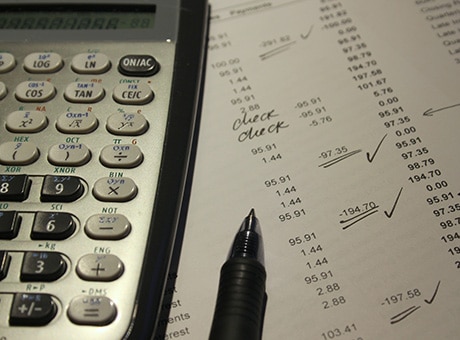Singapore is a great place to start a business for freelancers marketing their skills as sole proprietors. Filing your freelancer tax in Singapore is a little more complicated than it is for most employees, but the self-employment tax is not overly high or hard to correctly file. If you have a freelance operation that does business in Singapore, you can pretty easily manage the paperwork and payment demands of the government if you break the job down into a few manageable steps.
Decide How You Should File
Your first step as a tax-paying freelancer in Singapore is to work out what your filing status should be. There’s a big difference in the Singaporean tax code between employment and small business types, and knowing which one fits your situation saves a world of effort and expense later on. The important distinction here is between employees and the self-employed, and the difference isn’t always obvious. You may think, for instance, that you’re automatically subject to the self-employment tax if you run a sole proprietorship company. This is usually the case, but the law may consider you an employee for practical purposes if you have just one client, you work regular hours, get paid by the hour, work under supervision, or receive benefits from your client. The government also judges your status based on whether you get a share of profits or take on some of the risk of doing business.
Assuming you’ve had a look at your working conditions and decided you’re self-employed, now you have to report your income according to the type it falls into. For most freelancers, money made from work is almost always business income. This is distinct from wages, which are paid to employees, and investment returns, which are usually not paid for goods or services like those you render.
If you’re a self-employed freelancer who earns business income, you get to decide the schedule you pay your taxes on. Basically, every time you pay your taxes, you’re expected to pay in a lump for a given 12-month accounting period. The good news for you is that you can choose which 12-month period works best for accounting purposes. Most businesses in Singapore end their business year on 31 December, so the new accounting period begins the next day, with the new calendar year. In that case, the taxes due are for the previous 12 months, back to 31 December of the prior year.
You don’t have to choose this date. If, for example, you expected to get a hefty bonus right before Christmas, but you aren’t set up to pay taxes on the money yet, you could choose an end-of-year date of 15 December, or whatever day is immediately before your bonus. Then you’d be paying taxes back to the 15 December of the prior year, which would cover last year’s bonus. You can do this with any date on the calendar, but it can be tricky to change, so think hard before you pick your first due date.
Prepare Account Statements
Once you have your status and accounting periods worked out, it’s time to prepare a few statements. Self-employment taxes in Singapore are largely based on your self-reporting, so the government mostly depends on profit/loss statements to calculate your bill. These statements should not be too hard to produce. Any full-time business, freelance or not, should use normal profit/loss statements as a normal bookkeeping tool throughout the year, just to track profitability. QuickBooks Online offers online apps that can do this for you, and the information is easy to port over to Singapore’s Inland Revenue Service.





